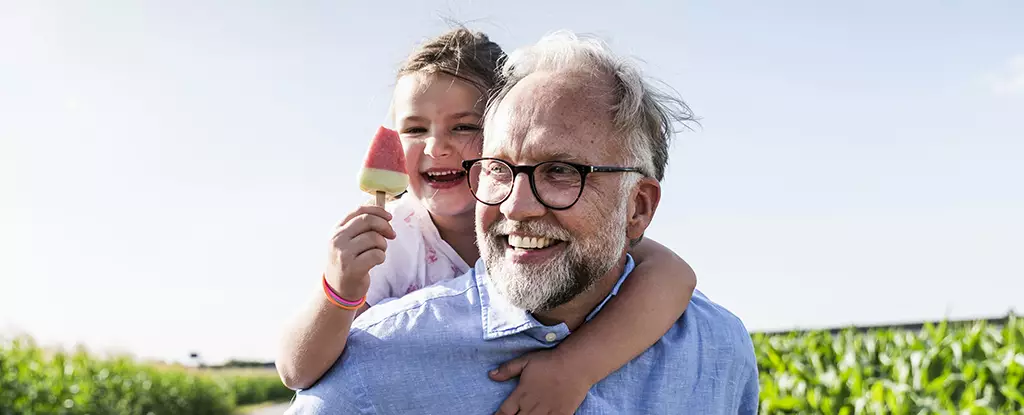The intricate tapestry of human health extends beyond the immediate choices we make regarding diet and exercise; it encapsulates a broader spectrum of influences that span generations. A recent study has illuminated an intriguing aspect of this narrative, suggesting that the educational attainment of our grandparents can have a measurable impact on our biological age. This finding compels us to consider how socioeconomic factors ripple through time, affecting not just the individual but also their descendants.
Historically, it has been well-documented that higher levels of education correlate with elevated income and better health outcomes. However, this new research elevates our understanding of this relationship by indicating that the benefits of educational achievement may reach beyond the immediate offspring to the grandchildren as well. Hierarchical societal structures often create a landscape where educational advantages compound across generations, leading to disparities in physical and psychological well-being. Education is not merely a mechanism for individual wealth accumulation; it acts as a catalyst for enhanced health prospects.
The nurturing environment fostered by well-educated grandparents may contribute significantly to the overall health and longevity of future generations. Knowledge of nutrition, healthcare access, and healthy lifestyle choices can inform and shape the habits of younger family members, creating an intergenerational wellness legacy. The implications of this observe a pioneering glimpse into the systemic nature of health, where one’s origins profoundly influence their biological trajectory.
The study in question utilized a diverse array of methodologies, including blood and saliva samples from participants to analyze DNA methylation—the chemical modification of DNA that can influence gene expression. This process plays a critical role in the phenomenon of biological aging. The findings revealed that children whose grandparents had completed college exhibited a slightly slower rate of biological aging, highlighting how lifestyle and environmental factors from previous generations can leave indelible marks on one’s genetic makeup.
Methylation, a crucial epigenetic mechanism, represents a biological archive of environmental stressors and lifestyle choices that transcend generations. This suggests that our biological clock is not merely a reflection of our experiences but is also shaped by the historical context and challenges faced by our forebearers. While the observed differences in aging rates were modest at younger ages, they signal the potential for more significant disparities to emerge as these children mature—possibly influencing health outcomes later in life.
The researchers also emphasized that various factors, including maternal education and health metrics such as cardiovascular health and inflammatory processes, serve as key mediators in the relationship between grandparental educational attainment and grandchild epigenetic age. A staggering 14.5 percent of variability in biological aging can be attributed to a mother’s education alone, underscoring the importance of maternal influence in shaping the health profiles of future generations.
This connection also highlights the complexity of health, where environmental and genetic factors intertwine in ways we are only beginning to comprehend. As researchers caution, relying solely on individual accountability to explain health disparities can lead to misguided narratives. It is essential to recognize that vast realms, including socioeconomic status and inherited epigenetic factors, can lie beyond a person’s control.
As the study progresses and the health of participants is tracked over time, it opens myriad possibilities for further exploration into the determinants of health across generations. This longitudinal examination may immensely enrich public health policy and socioeconomic interventions aimed at addressing health inequities.
The findings of this study serve as a potent reminder of the interconnectedness of our social fabric and physiological health. While individual choices undeniably play a role in our well-being, understanding the broader socio-educational landscape encourages us to adopt a more holistic view toward health, one that factors in the systemic influences anchored in our ancestry. By prioritizing education and health equity, we can foster environments conducive to thriving generations and ultimately bridge gaps that have long divided our society.


Leave a Reply